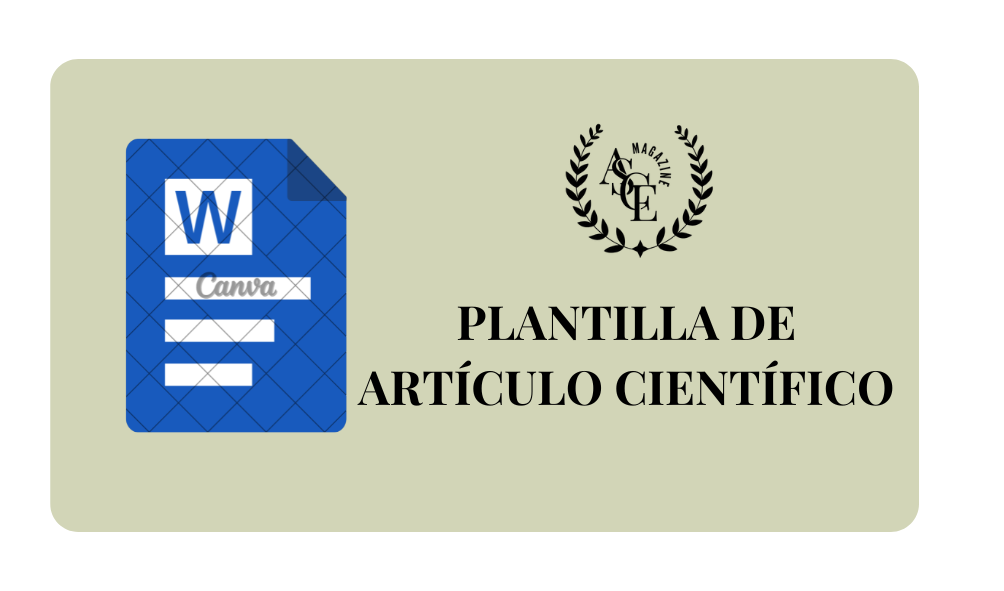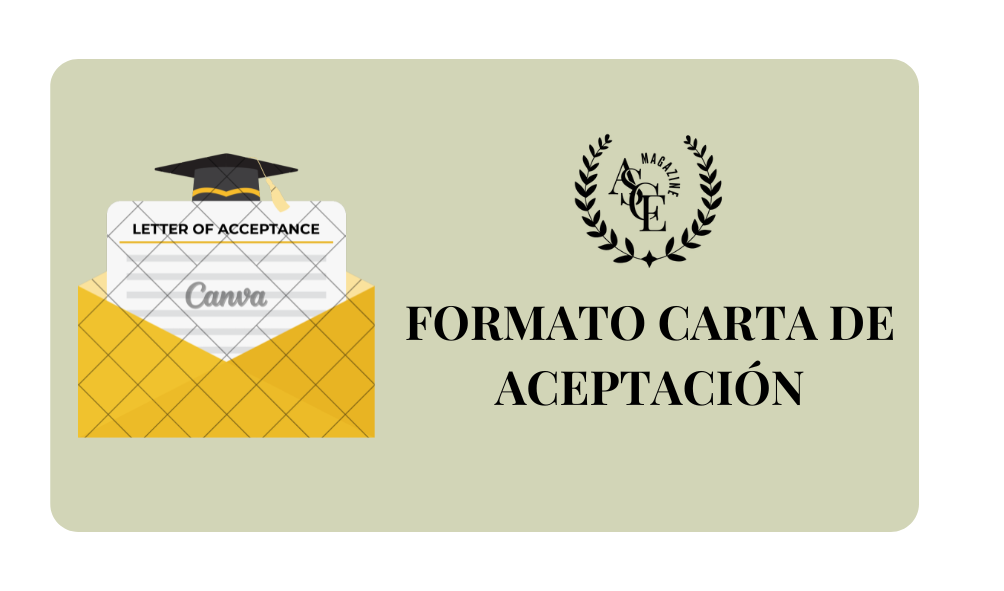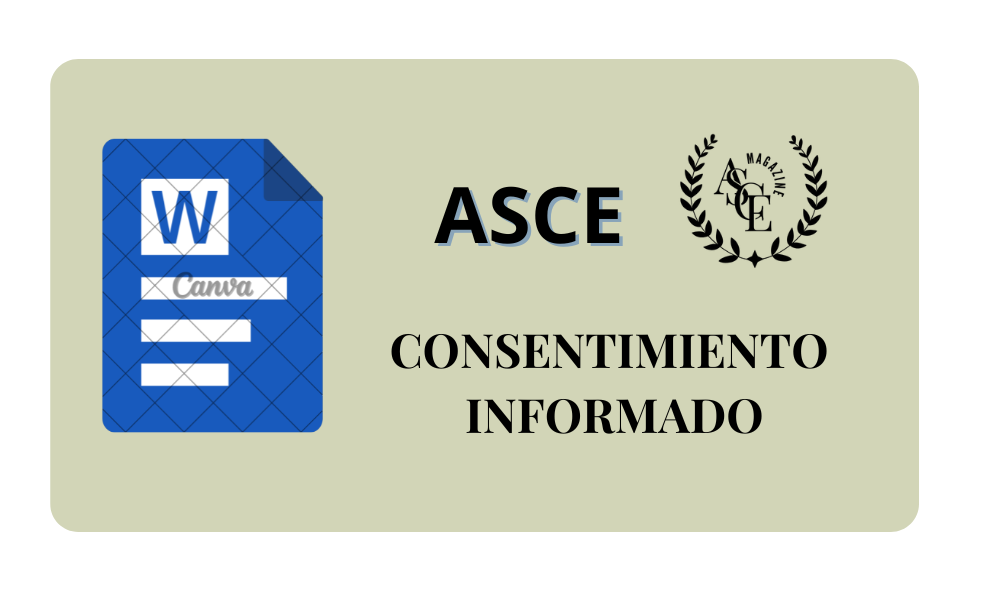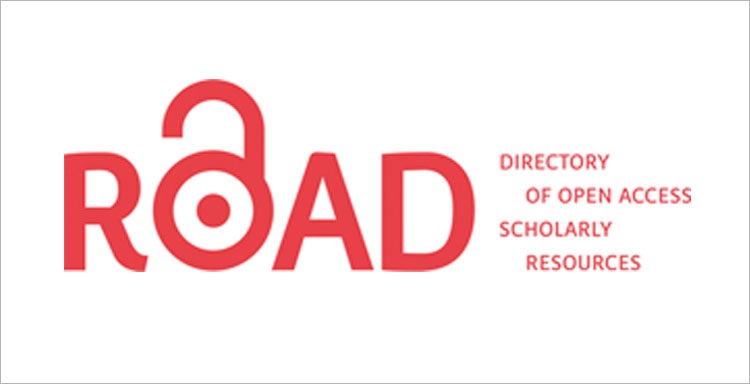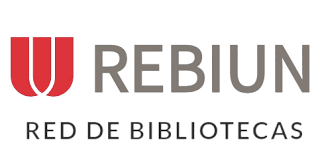"Exploring the Necessity and Impact of English for Specific Purposes (ESP) Courses for B1+ Level English Learners"
DOI:
https://doi.org/10.70577/ASCE/267.284/2025Palabras clave:
Specialized Learning, Linguistic Competence, ESP Courses, Technical English, Level B1+. ASCEResumen
This academic study investigates the need for and influence of English for Specific Purposes courses for university-level students with a B1+ English proficiency, considering the increased industry demand for language skills. The study recognizes that proficiency in technical English is one of the most important elements for professional growth, especially in fields that offer opportunities for academic and career advancement in which accurate communication is essential. The main objective of the study was to assess the opinions of both students and faculty regarding the importance of English for Specific Purposes and their current level of proficiency in technical English to justify the development of appropriate ad hoc curricula. For these purposes, a mixed-methodology approach was implemented, consisting of questionnaires for students and faculty, a diagnostic test of technical vocabulary, and a descriptive analysis of the collected data. The results revealed a high appreciation of ESP among the participants; 61.11% considered English proficiency essential in their professional training, although only 41.2% demonstrated adequate proficiency in technical English. This gap indicates a substantial discrepancy between the perception of competence and the actual skills achieved. In this case, the research demonstrates the need to design and integrate relevant educational approaches within the ESP framework of the university curriculum, geared toward increasing language skills, problem-solving, and critical thinking at advanced levels, in order to develop optimal employment opportunities alongside improved academic performance.Descargas
Citas
Hutchinson, T., & Waters, A. (1987). *English for Specific Purposes: A learner-centered approach*. Cambridge University Press. https://assets.cambridge.org/97805213/18372/excerpt/9780521318372_excerpt.pdf DOI: https://doi.org/10.1017/CBO9780511733031
Pranoto, B. E., & Suprayogi, S. (2020). A need analysis of ESP for physical education students in Indonesia. *Premise: Journal of English Education, 9*(1), 94–110. https://ojs.fkip.ummetro.ac.id/index.php/english/article/view/2274 DOI: https://doi.org/10.24127/pj.v9i1.2274
Kenny, N., Isik-Tas, E. E., & Jian, H. (2021). *English for Specific Purposes Instruction and Research: Current Practices, Challenges, and Innovations*. Palgrave Macmillan. https://link.springer.com/book/10.1007/978-3-030-32914-3
Bekteshi, E., & Xhaferi, B. (2020). An analysis of English for specific purposes among university students. *Educational Process: International Journal, 9*(2), 90–102. http://dx.doi.org/10.22521/edupij.2020.92.2 DOI: https://doi.org/10.22521/edupij.2020.92.2
Rachayon, S. (2020). A language teacher in the ESP classroom: Can we be a successful dweller in this strange and uncharted land? *English Language Teaching, 13*(9), 119–128. https://files.eric.ed.gov/fulltext/EJ1266531.pdf DOI: https://doi.org/10.5539/elt.v13n9p119
Dudley-Evans, T. (1997). Developing an English for Specific Purposes course using a learner-centered approach: A Russian experience. *The Internet TESL Journal, 4*(3). http://iteslj.org/Techniques/Sysoyev-ESP.html
Zaghar, M., & Zaghar, A. (2021). Motivation and attitudes of ESP learners: A case study of students of economics at the University of Ghardaia. *Journal of English Language and Literature, 9*(1), 118–136. https://surl.gd/zptqfn
Khoshhal, Y. (2018). The role of teaching materials in the ESP course: A case of business English (finance and economics). *Journal of Humanistic and Social Studies, 9*(1), 85–99. https://doaj.org/article/70f16ddacb1c4a1fa337ccda6540de7c
Marjanovikj-Apostolovski, M. (2019). Developing teaching materials for ESP courses: The last option many ESP teachers resort to. *SEEU Review, 14*(1), 160–177. https://intapi.sciendo.com/pdf/10.2478/seeur-2019-0009 DOI: https://doi.org/10.2478/seeur-2019-0009
Gavrilova, E., Trostina, K., Tutaeva, D., & Sahakyan, L. (2019). Customized L2 e-courses as a shortcut to developing learner autonomy and lingua-professional competences of students majoring in finance and law. *European Scientific Journal, 15*(13), 301–315. https://eujournal.org/index.php/esj/article/view/12038 DOI: https://doi.org/10.19044/esj.2019.v15n13p301
Jafari Pazoki, S., & Alemi, M. (2020). Engineering students’ motivation to learn technical English in ESP courses: Investigating Iranian teachers’ and students’ perceptions. *RELC Journal, 51*(2), 212–226. http://dx.doi.org/10.1177/0033688218811371 DOI: https://doi.org/10.1177/0033688218811371
Lei, J., & Hu, G. (2019). Doctoral candidates’ dual role as student and expert scholarly writer: An activity theory perspective. *English for Specific Purposes, 54*, 62–74. http://dx.doi.org/10.1016/j.esp.2018.12.003 DOI: https://doi.org/10.1016/j.esp.2018.12.003
Orlando Sèna, H. U. (2022). Appraising the challenges related to the teaching of ESP to advanced learners in Beninese higher education. *Journal of English Language and Literature, 9*(1), 118–136. http://dx.doi.org/10.54513/JOELL.2022.9114 DOI: https://doi.org/10.54513/JOELL.2022.9114
Descargas
Publicado
Cómo citar
Número
Sección
Licencia
Derechos de autor 2025 Nelly Galora Moya, Elsa Hernández Chérrez , Ximena Cumanda Miranda Lòpez, N Paola Ramos Medina , Elizabeth Tayo Haro

Esta obra está bajo una licencia internacional Creative Commons Atribución-NoComercial-SinDerivadas 4.0.
Eres libre de:
- Compartir : copiar y redistribuir el material en cualquier medio o formato
- Adaptar : remezclar, transformar y desarrollar el material
- El licenciante no puede revocar estas libertades siempre y cuando usted cumpla con los términos de la licencia.
En los siguientes términos:
- Atribución : Debe otorgar el crédito correspondiente , proporcionar un enlace a la licencia e indicar si se realizaron cambios . Puede hacerlo de cualquier manera razonable, pero no de ninguna manera que sugiera que el licenciante lo respalda a usted o a su uso.
- No comercial : no puede utilizar el material con fines comerciales .
- CompartirIgual — Si remezcla, transforma o construye sobre el material, debe distribuir sus contribuciones bajo la misma licencia que el original.
- Sin restricciones adicionales : no puede aplicar términos legales ni medidas tecnológicas que restrinjan legalmente a otros hacer algo que la licencia permite.






